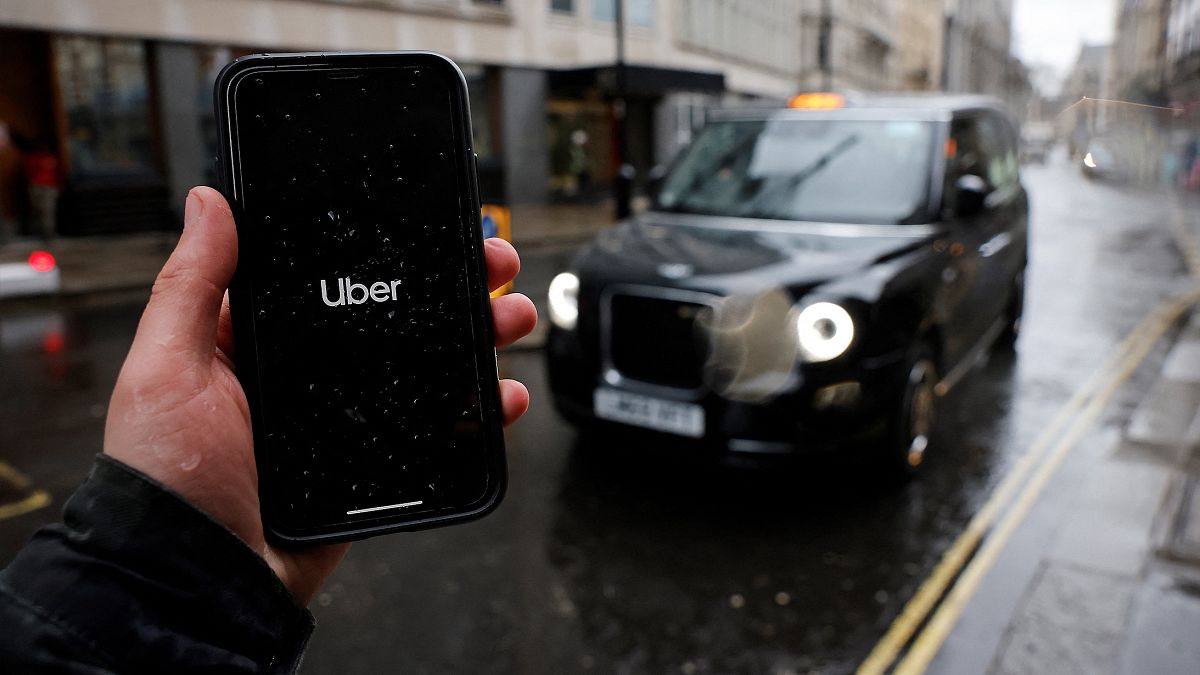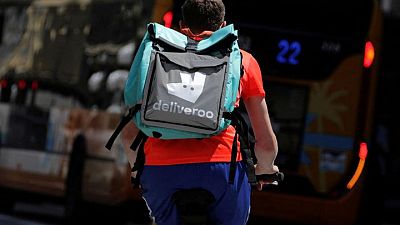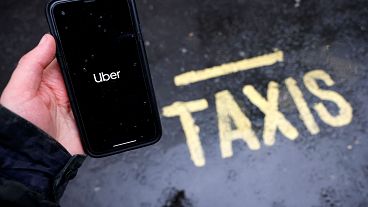The ridesharing app lost the argument that it only acts as an agent for drivers in the British capital, setting the taxi app market up for a major overhaul.
Ride-hailing app Uber suffered a setback on Monday, as the company's business model was ruled unlawful by a UK court.
Judges at the High Court rejected the company's claim that it acts as a booking agent for drivers, saying that all rideshare services including Uber had to take direct, legal responsibility for cab journeys in London that were booked via their platforms.
"A licensed operator who accepts a booking from a passenger is required to enter as principal into a contractual obligation with the passenger to provide the journey which is the subject of the booking," the court said.
Uber's legal team had claimed that there was a difference between "accepting" a booking and actually transporting a passenger.
However, in its judgement the High Court called this distinction "illusory".
Big change for taxi platforms
The decision could bring major changes to the rideshare app market in the British capital, where the majority of the 1,832 private hire operators work on a similar contractual basis as Uber - meaning all legal responsibility is placed on drivers.
Rideshare drivers' union the ADCU, which opposed the company in court, celebrated the outcome, saying that the contracting arrangement had shielded operators from legal liability to customers and employer liability to drivers, as well as payments of the VAT sales tax.
ADCU general secretary James Farrar called the case a "failed attack" on a UK Supreme Court ruling in February, which found that drivers on the company's platform should be treated as workers, and not as self-employed contractors.
"Rather than fix its broken business model, Uber was determined to double down on misclassification at the cost of worker rights, passenger safety and the avoidance of VAT," he said.
"This court ruling means that all the details of the Supreme Court decision are now clear. Every private hire operator in London will be impacted by this decision, and should comply with the Supreme Court verdict in full," an Uber spokesperson said.
Uber took the case to the High Court after the Supreme Court's February decision on workers' rights included the unbinding legal opinion that the company's business model claiming to facilitate contracts between passengers and drivers could be illegal.
London transport agency TfL, which regulates the taxi industry in the city, said rideshare operators needed to "take steps to ensure that they comply" with the ruling.



